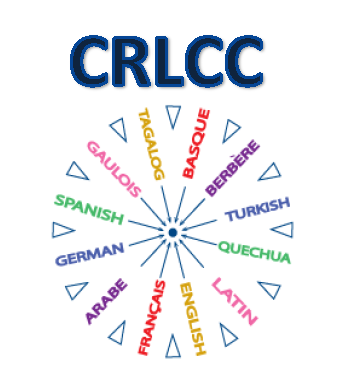Languages change and evolve, but this fact raises many questions: is change good or bad? What drives the evolution of languages? Can/should it be stopped? The selection of videos in this section illustrate the various debates and discussions surrounding language change.
05.2 Why do languages change?
Prof. Anthony Pym explores a few factors playing in the process of language change.
David Crystal – How is the internet changing language today?
David Crystal explores several ways in which the internet and new technologies are changing language.
David Crystal – Is control of English shifting away from British and American native speakers?
Professor David Crystal discusses language change through the influence of non-native English speakers on the English language.
Development of Broadcast Standard US English
Bill Labov talks about the shift in Standard from a RP (Received Pronunciation) influenced r-less pronunciation to a r-full (i.e. rhotic) pronunciation.
Language Typology – Reasons for Language Change
This E-Lecture discusses the main principles of language variation in order to find out in what way they influence the development of English from its beginnings to the present day. The examples used here are from PDE as well as from former stages of the English language..
Lexical Change – A2 English Language revision
This powerpoint presentation explores a few ways of introducing new words in English.
Linguistic evolution: how and why languages change
This powerpoint is an introductory lecture on the causes of language change.Some parts adapted from Trask, R. L. & R. M. Millar (2007) Trasks Historical Linguistics. London: Hodder Arnold.
Northern Cities Vowel Shift
Bill Labov discusses the Northern Cities Vowel Shift in American English.
Speaking in Tongues: The History of Language Episode #2 Constant Change preview
In this program, John McWhorter, author of The Power of Babel: A Natural History of Language; Lyle Campbell, of the University of Utah; Brian Joseph, of The Ohio State University; and population geneticist Luigi Luca Cavalli-Sforza examine factors that contributed to the diversification and spread of languages, including early migration, the introduction of agriculture, and genes. Language transfer from mother to child and from one population to the next is also investigated, along with the concept of dialects and commonalities among the worlds more than 6,000 languages. (48 minutes) One part of a five part ground breaking documentary series
Sound Change in Philadelphia
William Labov, Professor of Linguistics at the University of Pennsylvania, describes the evolution of English in the city of Philadelphia. Talk on April 11, 2011, sponsored by the Association of Senior and Emeritus Faculty of the School of Medicine at the University of Pennsylvania.


